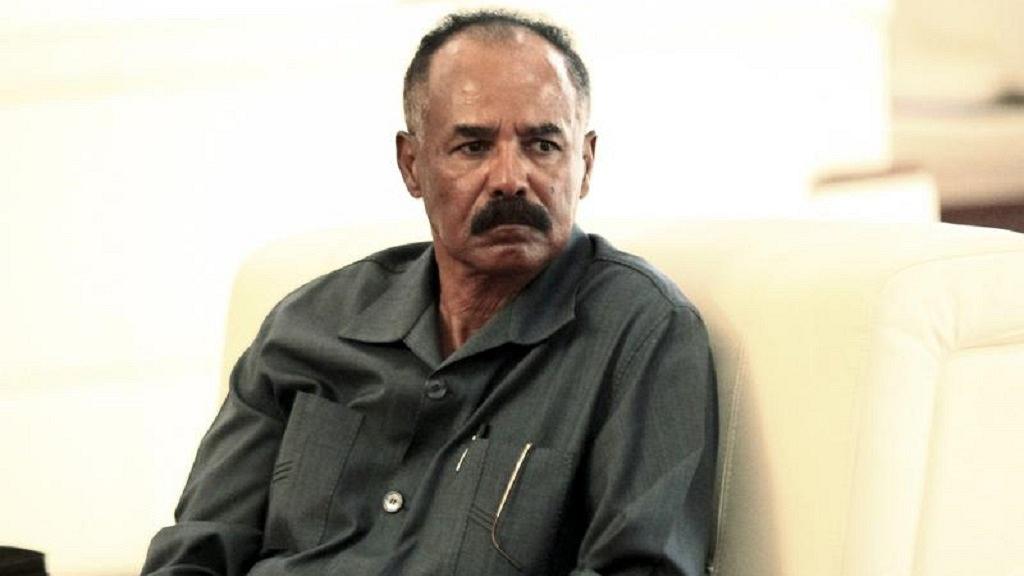
ADDIS ABABA – The Eritrean government is doing nothing to better the human rights situation in the country, save that it is continuing its systematic human rights abuses, a new report presented to the United Nations (UN) Human Rights Council has said.
The report authored by the UN Special Rapporteur on the situation of human rights in Eritrea, Sheila B. Keetharuth, also noted that even though Asmara had opened up to a few rights groups, there was little or no positives on the ground.
She also tasked the council to move beyond rhetoric and push hard for the Eritrean government to discharge its human rights obligations.
I regret to report that, as of now, the Government has made no effort to end ongoing human rights violations, which the Commission of Inquiry on Human Rights in Eritrea described as amounting to crimes against humanity.
“The time for Eritrea to take bold action for human rights protection is long overdue, and the Government has not delivered on any of its promises,” she stressed, adding that authorities needed “to rise above the rhetoric it has used over the last five years when addressing the Human Rights Council.”
She reiterated human rights infractions that has persisted in the Horn of Africa country for years, amongst others: arbitrary arrest, incommunicado detention, enforced disappearances, and a national service system that amounts to enslavement.
“I regret to report that, as of now, the Government has made no effort to end ongoing human rights violations, which the Commission of Inquiry on Human Rights in Eritrea described as amounting to crimes against humanity,” she said.
Sometime last year, Keetharuth called for Eritrea to be hauled before the International Criminal Court (ICC) on charges of perpetrating massive rights violations and crimes against humanity. She was addressing the UN general Assembly at the time.
The country gained its independence from neighbouring Ethiopia in 1993 after decades of armed struggle. In 1998, the two countries fought a two-year long war over their disputed border which claimed the lives of at least 70,000.
That borderline tension persists till today and has been labeled by the European Union as a conflict that puts the entire region at risk. The African Union which is based in the Ethiopian capital Addis Ababa also expressed worry about the tensions.
The country is ruled by Isaias Afwerki since its independence. Its 1997 consitution which okays multi-party democracy has never been fully implemented. Described as a secretive state, it lacks fundamental institutions that underpin a society based on the rule of law.
According to the Special Rapporteur, Eritrea does not have an independent judiciary, democratically elected parliament or legislative assembly, there are no opposition parties, an independent media or civil society organizations, other than government-affiliated organizations.



